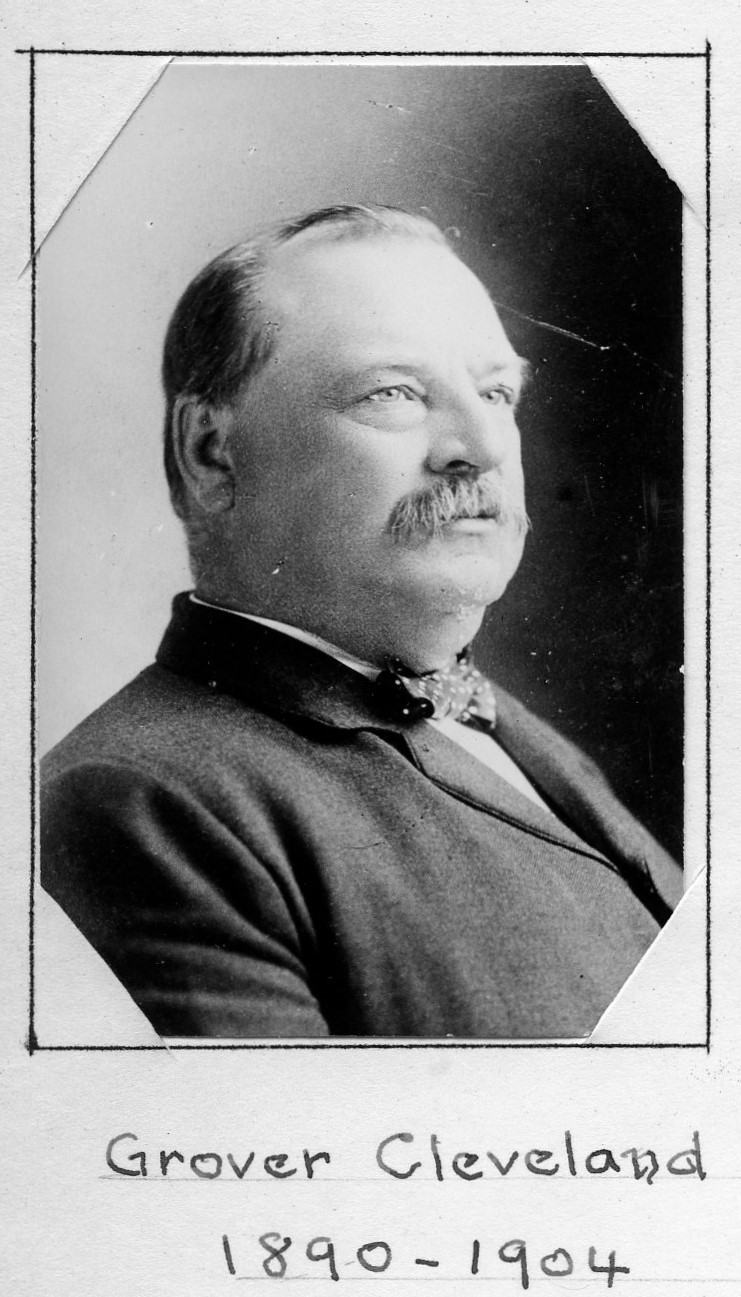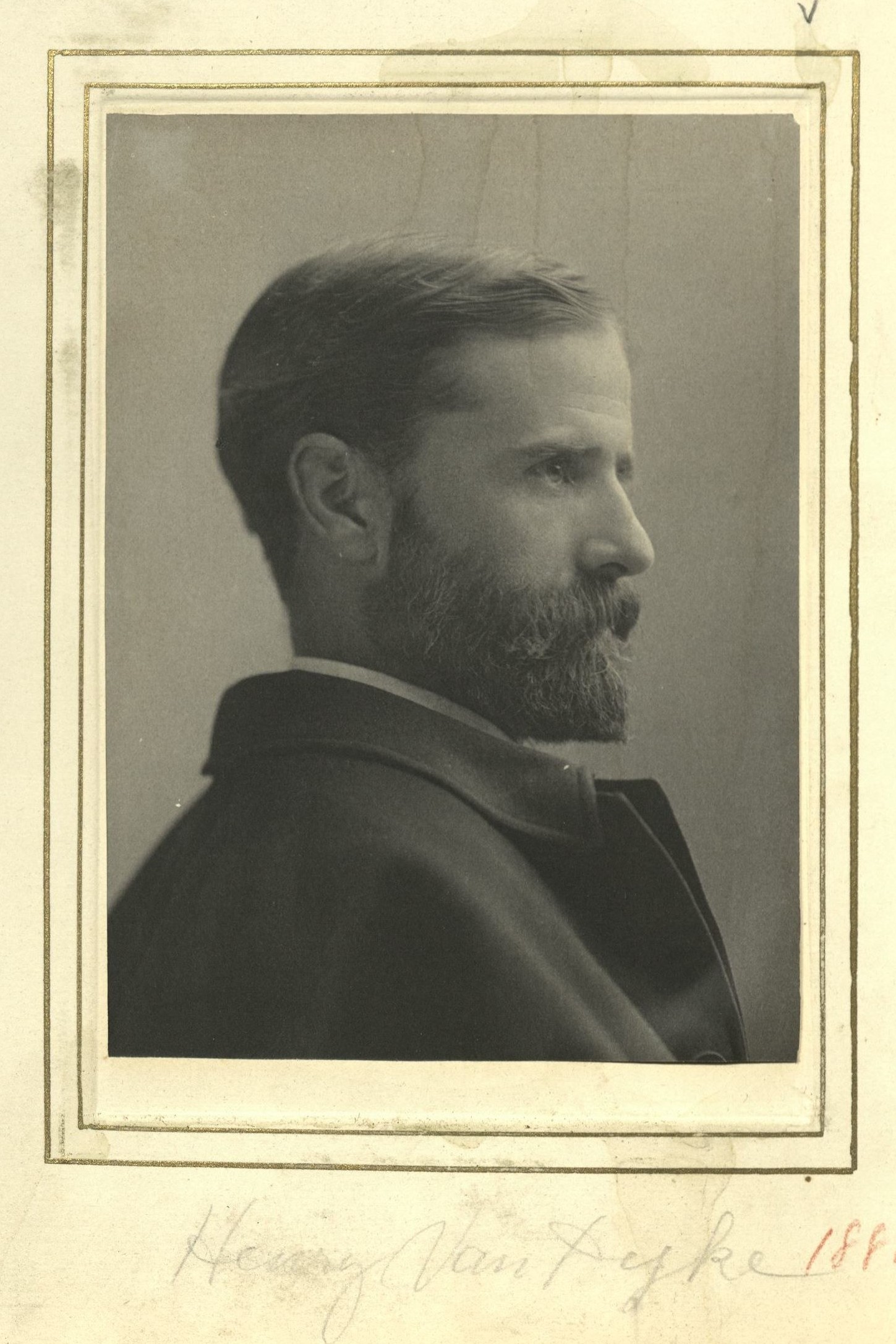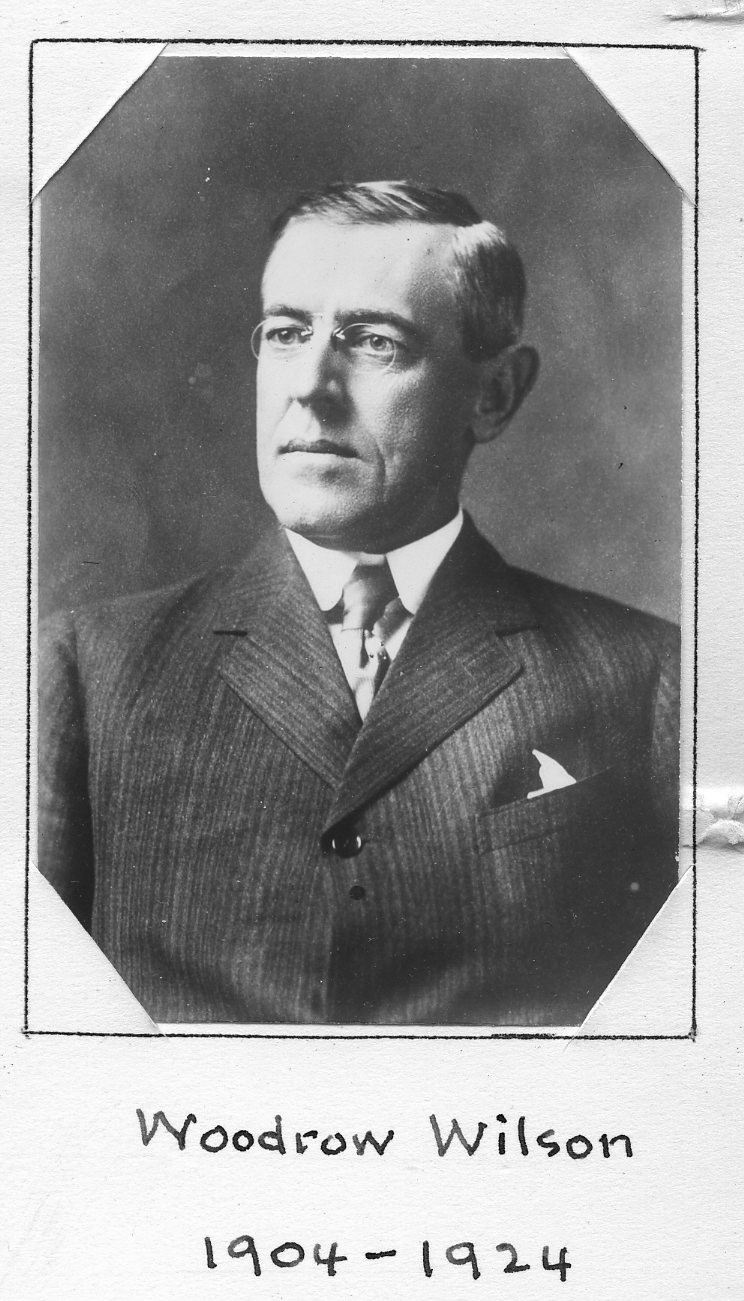Member Directory,
1847 - 1922
Edwin A. Alderman
President, University of Virginia
Centurion, 1912–1931
Charles Baskerville and Henry van Dyke
Wilmington, North Carolina
Connellsville, Pennsylvania
Age fifty-one
Charlottesville, Virginia

Century Memorial
Oratory has flourished from the start in the American community; our Anglo-Saxon heritage ensured it. Our people have not always appraised its quality correctly; perhaps because most of us were educated in belief that oratory of the Fourth-of-July brand was the most truly admirable American product. Sometimes the public’s appraisement has run to the opposite extreme, usually because of a vague idea of what was the proper thing for the occasion—as when the Gettysburg audience and the newspaper readers of 1863 applauded Edward Everett’s polished, long-winded and extremely arid memorial address but listened perfunctorily to the 250-word speech of Mr. Lincoln. In our own time, popular appreciation has been more judicious; it has been readily allotted to clear, convincing and forthright expression of belief on the larger questions of the day, not much embellished rhetorically but stimulating to the hearer. The listening public still valued gracefulness of delivery, but it based its approval chiefly on the putting into words of ideas that the listener had himself vaguely entertained beforehand and, beyond all else, on a new, bold and appealing conception of the problems of life and contemporary history.
Physical and intellectual qualities of a high order are essential for success in this kind of eloquence. They were possessed in an unusual degree by Edwin Anderson Alderman. Dr. Alderman’s mind and energy were applied first and always to his work as educator. His task in building up the University of Virginia, in creating a new place for it in the field of education, in enlarging its student membership from 500 to 6500 and its endowment fund from three hundred thousand dollars to ten million, was enough to absorb the activities of a busy man. But the list of his public addresses during the period was more extraordinary. Alderman was speaker of the day on scores of ceremonial occasions, to a series of audiences as varied as the North Carolina legislature, the American Historical Association, the New York Chamber of Commerce, Johns Hopkins on Commemoration day, the American Bankers’ national convention and the United States Congress. To all of them the clear-cut exposition, imagination, and restrained eloquence of the handsome and interesting orator brought an experience not soon forgotten.
Perhaps Dr. Alderman never realized more clearly his opportunities than when, in December, 1924, he delivered in the hall of the House of Representatives, with Congress and the public officers for his audience, the memorial speech on his life-long friend, President Wilson. It was not altogether an easy task. The political controversies of 1919 were still extremely active. Not only at Washington but in any exchange of views between private citizens, Wilson’s position in contemporary and future history was apt to be assigned on the basis, not of his political achievement but of his political mistakes. If he had carried the Federal Reserve law into our statute books, he had muddled our Mexican relations. If he had brought to a successful climax our participation in the European war, he had refused to fight when the Lusitania was sunk. If he had compelled the European plenipotentiaries at Versailles to accept the League of Nations, his obstinacy over minor provisions in the compact had wrecked endorsement of it by the United States Senate. No one could positively know in 1919 or 1924 regarding Wilson, any more than he could have known in 1894 or 1896 regarding Cleveland, whether in determining his place in history the future would lay the greater weight on his successes or his failures.
Alderman himself showed understanding of the fact that Wilson’s place in history was disputed. He did not avoid recognition of political mistakes. Even as regarded Wilson’s participation in the Paris conference, the orator remarked that “whether he should have gone at all, or only once, or by whom he should have been accompanied, is a sea of fascinating but futile conjecture upon which I shall not embark.” But he drew his own picture nevertheless, with a boldness that could have been best understood by surveying the personality of the audience which he was addressing. His judgment that the President had “sought to give the Twentieth Century a faith to inspire it,” that “if there was failure it was humanity’s failure,” will even now encounter dissent in a not wholly inconsiderable part of the community. Yet there is sober political judgment mixed with prophetic fervor in his conclusion that “something less of malice in the hearts of his enemies, something more of compromise in his own heart, something more of political genius and firm purpose in the hearts that kept the faith, and there might have been another world.”
Alexander Dana Noyes
1932 Century Association Yearbook




